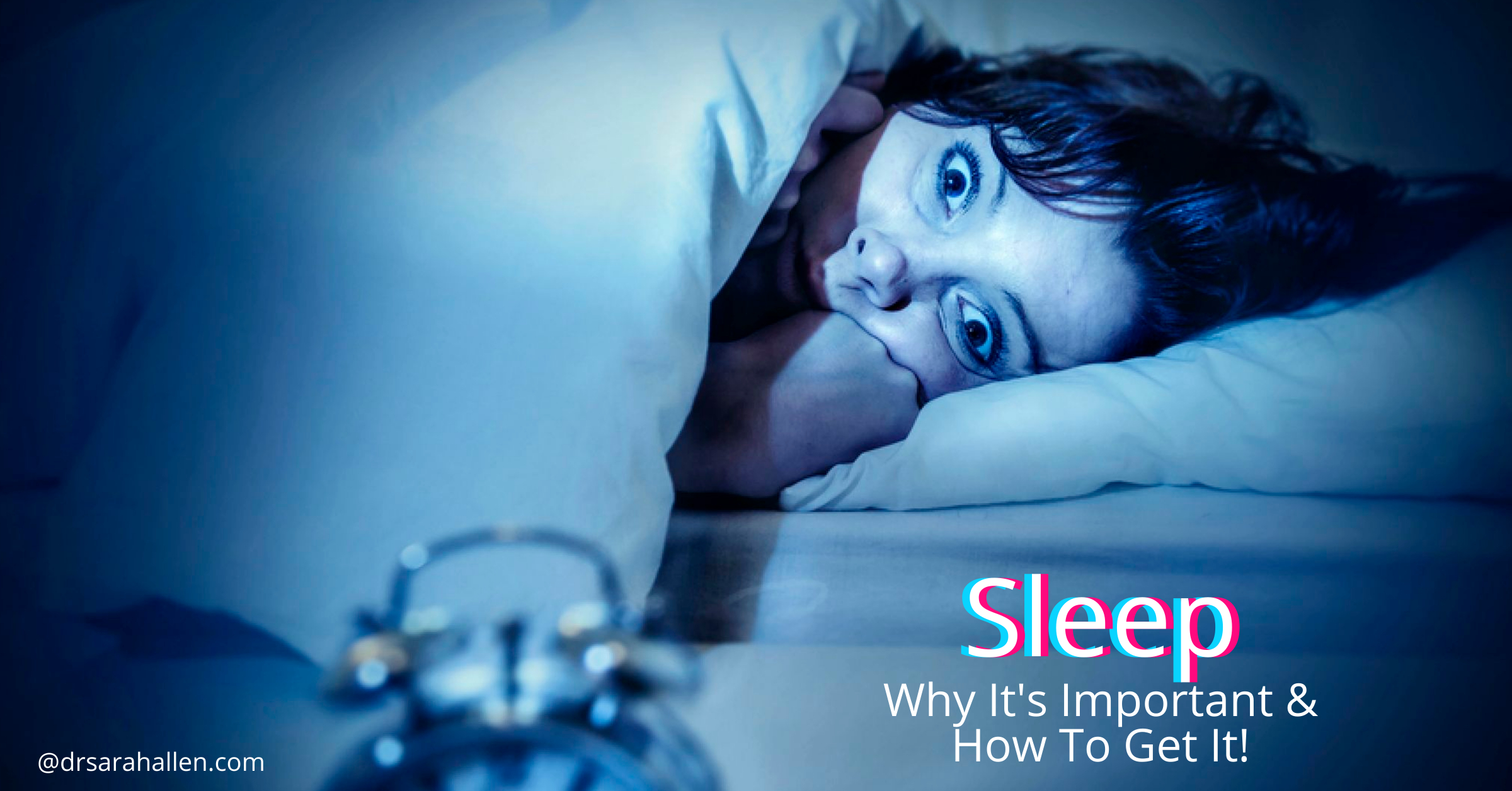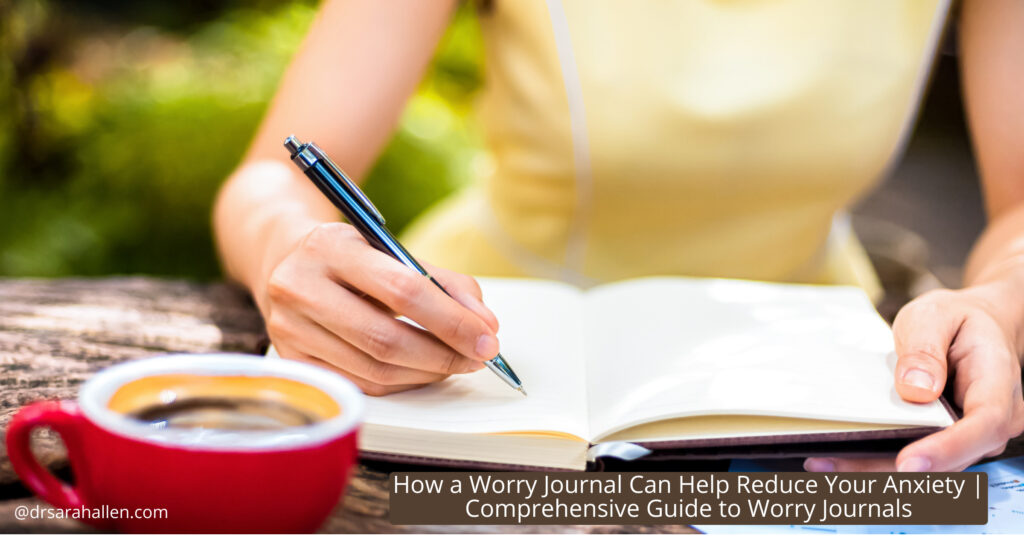
What is one of the most important things that affects our quality of life? Sleep! A good night’s sleep helps us think more clearly, be more productive and manage our mood better, especially our reactive emotions. This in turn make us feel good about what we have achieved and of course positively effects our relationships.
I have a little picture on the bookcase at my office that says “I am woman! I am tired…..” and it’s so true, many women are existing in a state of constant tiredness. This has a huge impact on our mood and increases both anxiety and depression symptoms.
We all know this, so why aren’t women making it a priority to get adequate sleep? After working all day, whether looking after small children or at the office, then seeing to the kids, dinner and evening routines, I often hear my clients say they stay up late because it is the only way to get everything done. Or it is the only time they can get time for themselves. It’s a vicious cycle though. The later you stay up, the harder it is to get going and the foggier you are.
According to the National Sleep Foundation (NSF) the “walking tired” anger more easily, have problematic relationships and are less likely than those who sleep well to exercise, eat healthfully, have sex and engage in fun leisure activities; all because they are too tired.
If we set up a good night-time routine then our every day “to do list” is much less daunting when we are refreshed! We may also need to work on being either more organized or more likely, less perfectionist, about getting things done, knowing it’s okay to ask and expect help, and knowing it is totally necessary to have “me time”. But not at the expense of sleep!
The National Sleep Foundation states “It’s not uncommon for people who don’t get enough sleep to be depressed or for people who are depressed to not sleep well enough.” This is very ‘chicken and the egg’. Who knows which comes first, but what we do know is that over time, impaired memory, mood and other functions become a chronic way of life. In the long term, this can affect your job and relationships.
How Can We Improve Sleep?
Well, good intentions are not enough. You have to decide to try to these techniques for a week and I bet you will see some improvement in your overall mood.
Regular Sleeping Hours
One or two nights of good habits is not enough to sustain positive change. A bedtime ritual teaches the brain to become familiar with sleep times and wake times and programs the brain and internal body clock to get used to a set routine. Most adults need between six and nine hours of sleep every night. By working out what time you need to wake up, you can work backwards and set a regular bedtime schedule.
Wind Down Before You Try To Sleep
You can’t expect to “go, go, go” all day and then be able to fall straight in to a refreshing deep sleep. Winding down is a critical stage in preparing for bed. We don’t think twice about setting an alarm to get up in the mornings, how about setting an alarm in the evening so you know it is time to start winding down and getting ready to sleep?
It is really important to avoid screens of any kind about an hour before trying to sleep. Computers, TV, phones, tablets etc. emit a type of light that is very stimulating to the brain. Here’s the science behind why. Our brain secretes the hormone melatonin to regulate our sleep-wake cycle. It should secrete more in the evening, when it’s dark, to make you sleepy, and less during the day when it’s light and you want to stay awake and alert. Blue light (the type of light from television, computers, phone etc.) is especially stimulating and can make your brain think that it’s still daytime so it doesn’t secrete melatonin.
Often night time is the first time that day that you have stopped being busy and so your brain starts dwelling on things that have happened, often giving them more importance that they really warrant. To avoid doing this, give yourself some time earlier in the evening to process your thoughts about events that have worried or upset you and decide whether you need to take action or not. To read more about this technique click this link The No. 1 Question Question That Helps To Reduce Worrying
Perhaps the most important thing to remember in getting enough sleep is that your needs are important and putting your need for sleep above the demands of others is the kindest thing you can do for yourself and those who are important to you.
Here Are Some Ways To Relax
Increase Body Temperature
Have a warm bath as this will help your body reach a temperature that is ideal for rest. Heating ourselves up (wearing bed socks does the same thing) increases serotonin levels and makes you feel calmer and more relaxed.
Relaxation exercises, such as light yoga stretches, help to relax the muscles. Don’t exercise vigorously though, as it will have the opposite effect.
Do A Quiet, Non-Stimulating Activity
If you wake up at night and can’t get back to sleep for more than 15 minutes try doing a quiet, non-stimulating activity, such as reading a book. Keep the lights dim so as not to cue your body clock that it’s time to wake up, a little book light is perfect. Don’t be tempted to read your emails!
Relax Your Body & Stop Over-thinking
The key to getting to sleep (or back to sleep in the middle of the night) is to cue your body for sleep by lying in a relaxed position. Hard as it may be, try not to stress over the fact that you’re awake or your inability to fall asleep again, because that very stress and anxiety encourages your body to stay awake. A good way to stay away from over-thinking things is to focus on the feelings and sensations in your body. One example of this is the Marshmallow technique: Lie flat on your back in bed with your eyes closed and your arms slightly to your side flat on to the mattress. Pretend you are lying on marshmallow and visualize your arms, legs and head sinking into the marshmallow. Breathe deeply as your whole body feels heavy as it relaxes and sinks into the mattress.
Make relaxation your goal, not sleep. If you find it hard to fall back asleep, try a relaxation technique such as visualization, deep breathing, or meditation, which can be done without even getting out of bed. Remind yourself that although they’re not a replacement for sleep, rest and relaxation still help rejuvenate your body.
Relaxation/meditation apps such as Calm and Headspace can help as they use a hypnotic voice to guide you through muscle relaxation and soothing music and sound effects to relax your brain. Ask me for my free CD which has 3 progressive muscle relaxation (PMR) exercises on them which range from 10 – 20 minutes long. If you tend to be anxious anyway, it is good to practice progressive muscle relaxation during the day to re-set your emotional levels throughout the day. Practice also makes it easier to do at nighttime if you need it. If you don’t have a guided meditation to listen to, start with your toes, tense them as you breath in, hold, and relax them as you breathe out. Work your way up and around your body, tensing and relaxing. If you are still awake after going all the way round, start again at your toes….
Go to your “happy place”. Yes, this really works! Visualizing places you associate with a sense of peace, slows down your breathing and distracts your mind from whatever is keeping you awake. Or if you enjoy doing something, imagine yourself going through the steps i.e. if you like to do yoga, picture yourself going through the sequence of poses you do in class or the steps it takes to bake your favorite cake.
Why Does A Problem Seem So Much Worse At Night?
Spending time earlier in the evening to write “to do” lists for the next day can organize your thoughts and clear your mind of any worrying thoughts that might pop in to your head just before sleep or in the middle of the night. These types of thoughts can seem so very important in the still of the night. We start wondering about how an upcoming event will play out and the primitive ‘alarm bell’ part of our brain called the amygdala whips our idle ruminations into urgent matters that need to be dealt with straight away. This process is called cognitive fusion and it starts an adrenaline rush in the body that makes our muscles tense, breathing more shallow and we start to catastrophize, making everything a bigger deal than it needs to be. This of course prevents getting back to sleep.
Deal with cognitive fusion by keeping a notebook next to your bed and if these types of thoughts are keeping you awake, put on a little night light, write them down so you can tell yourself you won’t forget them and they can wait until morning for you to deal with them. Then do one of the relaxing strategies detailed above.
If worries still persist, acknowledge and then release each worry as it occurs to you i.e. visualize writing the worry on a balloon or a cloud and in your imagination watch it floating away.
I have many more tips and strategies for reducing anxiety and worry that you can read in my blog posts and free booklet that you can download below. Cognitive Behavior Therapy (CBT) also has specialized programs for dealing with insomnia. You don’t have to live with being too tired to function.

If you have any questions, or would like to set up an appointment to work with me and learn how to reduce anxiety, please contact me at 847 791-7722 or on the form below.
If you would like to read more about me and my areas of specialty, please visit Dr. Sarah Allen Bio. Dr. Allen’s professional license only allows her to work with clients who live in IL & FL & the UK and unfortunately does not allow her to give personalized advice via email to people who are not her clients.

What Can I Read That Helps Me While I Am Waiting For My First Appointment With Sarah?
Download this free report to gain valuable insights and practical strategies for managing anxiety and worrying.











